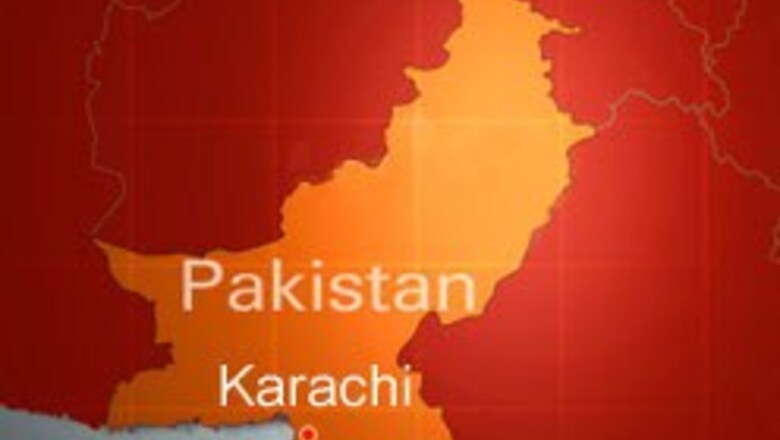
views
Islamabad: Pakistan, witnessing a strong tug-of-war between radical Muslims and moderates, has been grappling with the mystery of missing males for sometime now. Over the past few months, hundreds of Pakistani men — including even engineers and IT professionals — have gone missing and nobody really has a clue on their whereabouts.
The missing men's kin say they believe these men are locked up in government jails and safe houses while some government officials point to their "religious links".
The problem has reached such proportions that a movement to locate these missing Pakistanis has been gaining momentum since October last year. The chief architect of the movement, Amina Masood Janjua, says she is determined to take it to the next stage.
According to The New York Times, the movement received a shot in the arm when Pakistan’s former chief justice Iftikhar Muhammad Chaudhry decided to take up the cases. "His boldness may have been one of the factors that contributed to Pakistan President Gen Pervez Musharraf's decision to suspend him on March 9 this year," NYT says in a report.
The paper goes on to say that the popular outpouring has given momentum to the Defense of Human Rights, a group founded by Janjua, and the non-governmental Human Rights Commission of Pakistan, who are trying to locate and free the missing men.
Every two weeks in crowded sessions of the Supreme Court in Islamabad, judges listen to the pleadings of women demanding to know the whereabouts of their husbands and sons and brothers, who they believe are locked up in government jails and safe houses.
Security officers, dressed in pressed khakis and black berets, are regularly dragged before the Bench and asked to explain where the men — known here as the 'disappeared' — are being held.
The officers professed to have no inkling of the whereabouts of Masood Ahmed Janjua, 45, whose wife Mrs Janjua has held a slightly smiling portrait of his aloft outside government buildings for nearly two years.
One mother, Syeda Nargis, a diminutive woman swathed in black, travels four hours by bus from Lahore to the capital to attend the court hearings. It is a year since she waited at the Islamabad Airport to greet her son upon his arrival from Dubai.
“He landed at 7 pm; I stayed until 1 am,” she recalled, a colour poster of her son Syed Imran Naqvi, 31, dressed in a tartan shirt, blazer and trim beard, clutched in her hands. “They said, ‘Maybe he will come after two or three hours.’ Now it is 12 months, and nothing has happened.”
Her son, a software engineer, was her main source of income, she said. “We spent so much money for him to be an engineer, not to go to jail,” she said. “Musharraf should tell us the reason, what is the problem?”
Asked specifically about the cases of the 400, a senior Pakistani government official said many of the people on the list had 'religious links' with Afghanistan and had joined 'militant organisations' there.
The official, Javed Iqbal Cheema, the director general of the National Crisis Management cell at the Interior Ministry, said specifically that Mr Janjua was close to al Qaeda and the Taliban and was not in the Pakistani government’s custody.
Mrs Janjua denies that assertion, saying her husband was close to the Tablighi Jamaat, a large Muslim organisation. About 60 of the detained have been released, but as they have been freed, others have been jailed.




















Comments
0 comment